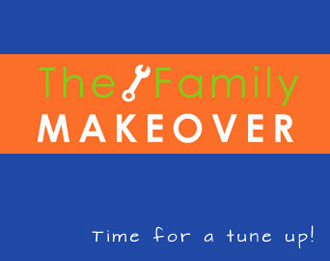“ One of the happiest moments in life is when you find the courage to let go of what you can’t change ”
Trying to control things can work “for” or “against” you. Some sense of control may provide you with a feeling of power, structure and security, but more often, the need for control gets out of hand and causes resistance, pain and discomfort. Identifying how control shows up in your life and having the willingness to gain the ability to embrace the feelings and realities that come with any situation, is the first step towards releasing the need to control.
Have you already subscribed to my podcast? If not, I’m encouraging you to do that today. I wouldn’t want you to miss an episode.
And, if you’re feeling extra loving, please share it and leave a review; it makes it easier to find. We can all benefit from a little nudge to start making small shifts towards increased health and happiness 🙂



